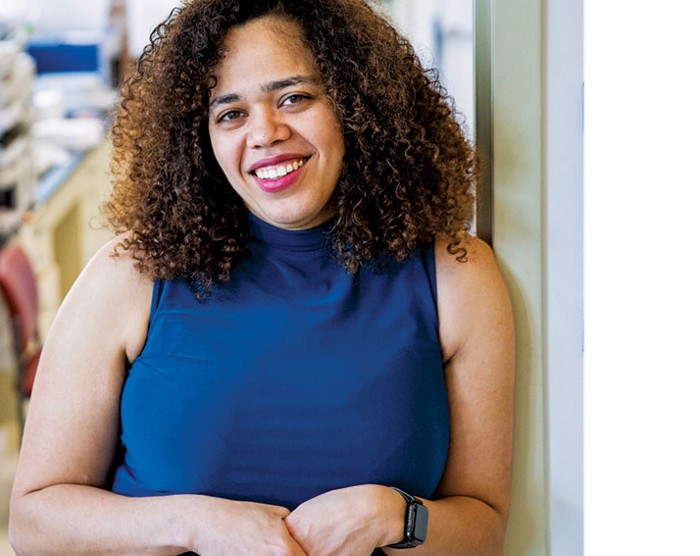Advertisement
Grab your lab coat. Let's get started
Welcome!
Welcome!
Create an account below to get 6 C&EN articles per month, receive newsletters and more - all free.
It seems this is your first time logging in online. Please enter the following information to continue.
As an ACS member you automatically get access to this site. All we need is few more details to create your reading experience.
Not you? Sign in with a different account.
Not you? Sign in with a different account.
ERROR 1
ERROR 1
ERROR 2
ERROR 2
ERROR 2
ERROR 2
ERROR 2
Password and Confirm password must match.
If you have an ACS member number, please enter it here so we can link this account to your membership. (optional)
ERROR 2
ACS values your privacy. By submitting your information, you are gaining access to C&EN and subscribing to our weekly newsletter. We use the information you provide to make your reading experience better, and we will never sell your data to third party members.
Synthetic Biology
Technology stands out at synthetic biology conference
Tool-making start-ups make headlines at SynBioBeta
by Ryan Cross
October 3, 2019
| A version of this story appeared in
Volume 97, Issue 39

SynBioBeta is a hodgepodge of a conference. The annual gathering of synthetic biology devotees in San Francisco is filled with start-ups touting wares such as ski jackets made from spider silk and services like customized protein engineering. The speakers hail from industries as diverse as cosmetics and cannabis.
What unites the attendees is their shared love of tinkering with biology via genetic engineering. One of the conference’s regular headliners is the Harvard University geneticist and entrepreneur George Church. This year he was joined onstage by the former Google CEO Eric Schmidt, a pairing that highlighted tech leaders’ growing fascination with ways to control biology.
Although personalized medicines and engineered superfoods are the kinds of applications that the synthetic biologists at SynBioBeta are after, the tools they need to carefully manipulate cells and their genes are a work in progress. This year the biggest news during SynBioBeta came from start-ups that sell machines and services to make the process of engineering cells easier.
San Diego–based Molecular Assemblies (one of C&EN’s 10 Start-Ups to Watch in 2018) announced raising $12.2 million in series A financing to make long strands of DNA. Traditional DNA synthesis uses phosphoramidite chemistry to make strands of DNA that are a few dozen or sometimes 100 nucleotides long. Molecular Assemblies is using an enzymatic approach to synthesis that it says can make DNA strands on the order of 1,000 nucleotides.
Genes are often thousands of nucleotides long. Although other firms can stitch together their shorter DNA sequences into genes, the approach pioneered by Molecular Assemblies could streamline the process. It’s a technique that could be important for many fields, including agriculture, biomanufacturing, and drug discovery.
Also at the conference, Ginkgo Bioworks announced a $150 million deal to use automated cell engineering machines called Beacon made by the Emeryville, California, start-up Berkeley Lights. Boston-based Ginkgo is known for using robots to engineer and screen cells that produce high-value chemicals like cannabinoids and fragrances. It raised $290 million in its fifth fundraising round last month.
Several drug firms have purchased machines from Berkeley Lights to engineer cells for antibody production or experimental cell therapies. Berkeley Lights CEO Eric Hobbs says Ginkgo will also buy machines and reagents while working with his company to customize them for Ginkgo’s own organisms.
Inscripta, based in Boulder, Colorado, debuted a benchtop machine for CRISPR gene editing during SynBioBeta. The machine is designed to edit millions of microbes—like bacteria or yeast—in parallel for conducting high-throughput screens. Inscripta CEO Kevin Ness compares his machine with Ginkgo’s automated cell-engineering labs, called biofoundries. “We take the power of the biofoundry and put it in a box,” he says. “Think about it like the first PC for biology.”





Join the conversation
Contact the reporter
Submit a Letter to the Editor for publication
Engage with us on Twitter